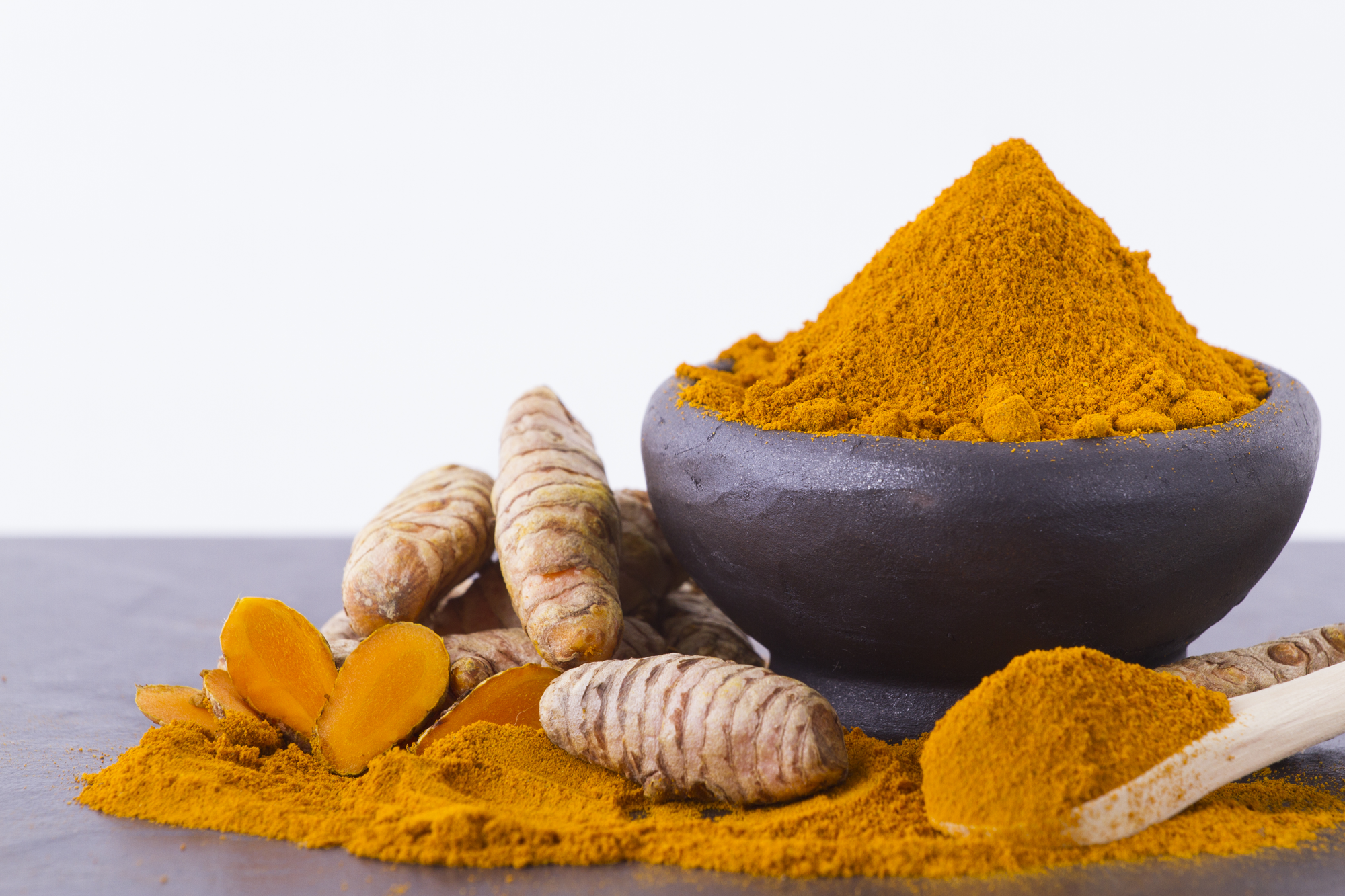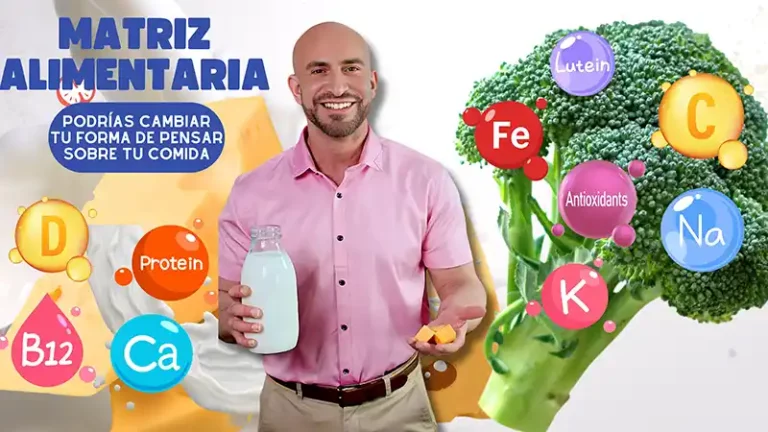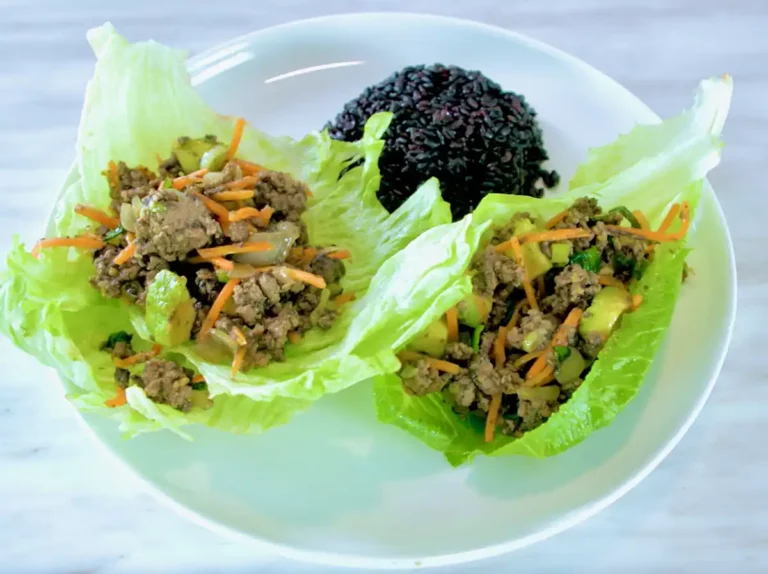Turmeric, a hot topic and highly talked about superherb. From current research showing its effectiveness on digestive health, immunity, alleviating cognitive decline and depression, to reducing inflammation throughout the body, it’s no wonder everyone is looking for ways to consume this superherb. So how does one add Turmeric into their diet effectively to reap these benefits?
Most research done, studies the constituents of Turmeric, called Curcumin, the most therapeutic part of the root, however there are still benefits to eating the whole root that is not always explained, but should not be overlooked. Depending on your personal goals, using the whole food either through the root or dried powder, or choosing a supplement can all have their benefits if taken correctly.
The Whole Root
My philosophy is to promote food over supplements if possible, however the Turmeric root is a bit tricky as it’s poorly absorbed when taken orally, although, this has an easy fix. When using the whole root, turmeric needs to be paired with other agents that enhance absorption, such as piperine (black pepper). This helps get it into the bloodstream, as well as the anti- inflammatory properties delivered systemically. If you’re looking for benefits to assist in intestinal health and digestion, then you wouldn’t have to use an agent as it does not need to travel into the bloodstream to do this. Another way to increase absorption is also pairing it with fat. This is one advantage to consuming turmeric spice as oppose to a supplement. The natural oils from cooking or in your meals alone will enhance absorption of the curcuminoids as they are fat soluble. Consuming 1.5 teaspoons of turmeric powder a day, or finely grated turmeric root with food has been shown to help with inflammation, digestive and cognitive benefits. Try adding turmeric into your meals by trying this delicious Garbanzo Stir fry. If you don’t like the taste or find that amount to be difficult to consume on a daily basis, supplements may be a good alternative.
Supplementing with Turmeric
Most studies have looked at supplements of Curcumin (Turmeric extract) to support its therapeutic properties. This is because only 3% of the weight of turmeric powder is curcumin, compared to extracts of curcuminoids in supplements found to be as high as 95%. That means half a gram of concentrated curcumin can provide 400mg, while the same amount found in turmeric powder (ground and dried herb) could provide only 15mg. Therefore, if using curcumin therapeutically for a condition or inflammation and not for general preventative reasons, choosing a supplement is your best bet. However, you must be very careful in choosing a supplement brand since the FDA does not regulate this market; manufactures can have fillers, diluting curcumin even more. In addition to fillers, you should investigate that the company is third party tested and free of heavy metals and other contaminants. When it comes to absorption, the same rules apply for supplements. Ensure that you are consuming them with a meal, and or that the formula contains piperine for enhanced absorption.
How to TAKE?
As mentioned above, there are two very important keys in taking Turmeric: The dosage and consuming with an agent that will help enhance the absorption and therefore the benefits.
It is recommended by most doctors that if you have a chronic condition and severe inflammation that you should go right for the concentrated form in supplements. If however you are looking to incorporate turmeric in your diet for general and preventative health, fresh or powder is just fine. Curcumin has been shown to protect against hepatic conditions, chronic arsenic exposure, and alcohol intoxication.
For general Health
- Dried powder or whole root Turmeric: 3 grams or 1.5 tsp daily
- Oral supplementation: As high as 400-600 mg of curcumin 3-4x/day with absorption enhancement
For Therapeutic Health Purposes:
- Oral supplementation: Start with 600mg curcumin 3x/day and increase as needed. Studies show curcumin has a single dose tolerance as high as 12 g/day over 3 months.
What to look for:
When purchasing fresh or powder turmeric, choose turmeric root that has a strong scent and a bright color to it. For supplements, look for a product that has around 95% curcuminoids.
In case you can’t find curcumin supplements, you may also find it under these names:
- Turmeric extract
- Curry Extract
- Curcuma
- Diferuloylmethane
- JiangHuang
- Curcuma Longa
Do not confuse curcumin with:
- Whole Turmeric (contains 3% curcumin)
- Curry
- Tree Turmeric (this does not have curcumin)
How to Use Turmeric
- Add to smoothies, especially tasty with ginger and a bit of sweetness from apple or pineapple. Ensure you have a fat component in the smoothie.
- Add to yogurt, sauces, marinades or dressings.
- Sprinkle on popcorn with a little olive oil or butter
- Add to rice or quinoa
- Add to stir frys
However you add Turmeric into your diet, you can be rest assured that with the impact it is making on the health community, this superherb will be around for awhile. Enjoy, and don’t be afraid to experiment with it to add some new flavor and zing to your meals!
Written by Carla Hernandez, Certified Nutritionist
Since a young age Carla has had a love for health and nutrition. She graduated with a degree in Nutrition and Dietetics from San Diego State University, although her desire to learn more about using food as medicine drove her to a nonconventional side of the nutrition field, spending time working with a variety of holistic practitioners from naturopaths, herbalists, acupuncturists, and even Ayurvedic doctors, traveling and exploring different countries and their healthcare systems. For the past 5 years she has worked with individuals, focusing on on her passion in digestive/ immune, and skin health (acne, psoriasis, eczema predominantly) in San Francisco and remotely around the world. She is currently working on becoming a Registered Dietitian to expand into more areas of nutrition, and integrative medicine research.







